An Oversight Panel and three Working Groups (Social Inclusion, Economic Inclusion, and Diagnosis – Supports – Services) provided leadership for this assessment.
Social inclusion involves topics such as rights, safety, accessibility, belonging, sports and recreation, public awareness, and knowledge-sharing.
For more information on the selection process, click here.
Meet the Members:
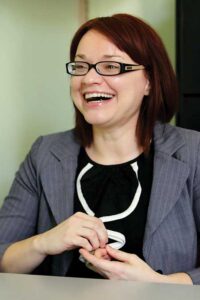 |
Dr. Tara Flanagan, Ph.D. Chair, Social Inclusion Dr. Tara Flanagan is the Director of SPARC (Social Policy, Advocacy, Research, Community), a research group comprised of graduate students from diverse backgrounds with an array of strengths and interests. SPARC’s mandate is to promote social inclusion among individuals with disabilities by emphasizing self-determination, community, and a shared responsibility for successful outcomes. Dr. Flanagan’s scholarly interests and research grants are in the areas of social inclusion, social policy, transition from school to the community, self-determination, and quality of life among individuals with various types of disabilities and among other equity-seeking groups. |
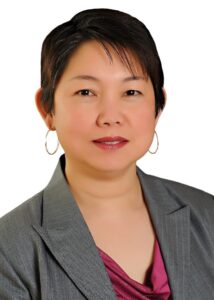 |
Ms. Shirley Chua-Tan Vice Chair, Social Inclusion Ms. Shirley Chua-Tan is a mother of a functional, non-verbal 30-year-old autistic son who is a very accomplished athlete. Ms. Chua-Tan has written a book about her experience as mother of an international medalist and first special needs athlete from the Yukon to qualify for two seasonal sports (skiing and swimming) at the Special Olympic World Games. She is a successful entrepreneur, developer and real estate agent. Ms. Chua-Tan is the former Vice President and a current member of Autism Yukon. She is heavily involved in several volunteer and non-profit efforts. As a true advocate for autistics and parents of autistic children, Ms. Chua-Tan understands the challenges that parents of autistics face, particularly with school systems and adult services. She is currently conducting motivational workshops to share the power of goal setting and of hope. |
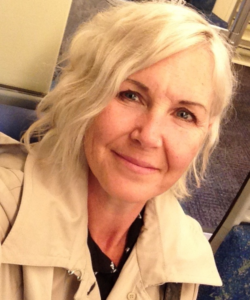 |
Ms. Lisa Aitken Ms. Lisa Aitken is a graduate of Queen’s University and has spent her career working in the justice sector, most recently with youth. In addition to her challenging career, she has learned from, and engaged with, several Ontario First Nations in both research and project management capacities. Ms. Aitken is an active member of a Critical Incident Stress Management Team, as well as an anti-racism champion. Her work has earned her a Pinnacle award and an invitation to the Lieutenant Governor’s reception for in-kind work with First Nation communities. |
 |
Dr. Isabelle Courcy, Ph.D. Dr. Isabelle Courcy is an Associate Professor at the University of Québec in Montréal (UQAM). Her research program focuses on the social experience of autism, life and services trajectories, solidarity and care networks and the quality of life of autistic adults. Currently, Dr. Courcy is conducting several collaborative and participatory studies from an inclusive research perspective and working on the development of research methods aimed at greater accessibility for autistic people (CRSH, FRQ-S, FQRSC funding). Her work has been published in international journals and various media intended for the general public, families of autistics, professionals, and other stakeholders. |
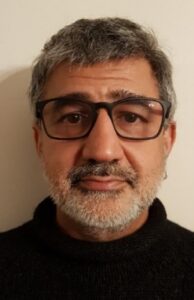 |
Dr. Vikram Dua, MD Dr. Vikram Dua is a Child and Adolescent Psychiatrist with interests in complex individuals with autism and developmental disabilities and mental health challenges, and the systems of care to enhance accessibility to clinical expertise and evidence-based treatments. Dr. Dua has 20 years of experience developing and implementing innovative dual-diagnosis services in British Columbia and Ontario. He is a consultant at the Queen Alexandra Center, in Victoria, BC, and is also a consultant, and former Medical Director of TRE-ADD at Surrey Place in Toronto. Dr. Dua earned a B.Sc. from the University of Toronto, an M.D. from McMaster University, and completed a psychiatry residency at Harvard Medical School, and a fellowship at the University of Massachusetts. Dr. Dua is Clinical Assistant Professor in the Departments of Psychiatry and Pediatrics at University of British Columbia, and Assistant Professor in the Department of Psychiatry at the University of Toronto. He is the lead of the Indo-Canadian Autism Network, dedicated to increasing knowledge and capacity for neurodevelopmental services and research in India. |
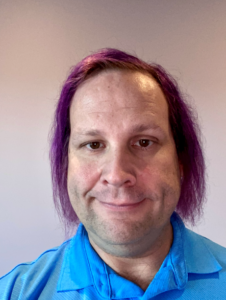 |
Mr. Adam Glendon Mr. Adam Glendon is an autistic adult and works full-time as a Rail Conductor. He has served as an active volunteer and advocate within the autism community since receiving his diagnosis as an adult in 2009. Mr. Glendon’s areas of focus include employment, independent living, affordable housing, and healthcare (notably in the areas of adult diagnosis, community support navigation, continuing care, and mental health). While his primary focus has been on autistic adults, he is also an experienced advocate and ally and knows the importance of advocating for early diagnosis and intervention. He is committed to ensuring that autistic people play a central role and share ownership of the discussion and creation of policies that affect autistic people; Nothing About Us Without Us. |
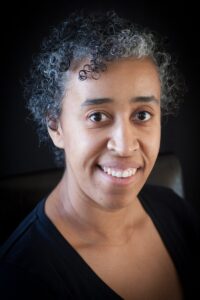 |
Dr. Kassia Johnson, MD Dr. Kassia Johnson is a Developmental Paediatrician and Assistant Clinical Professor of Pediatrics at McMaster University. She provides clinical services through the Developmental Paediatric and Rehabilitation – Child Development Clinics at Ron Joyce Children’s Health Centre in Hamilton, Ontario and Bethesda Services in St. Catharines, Ontario. Dr. Johnson is the Physician Lead for the Canadian Paediatric Society’s Anti-Racism Strategy. Dr. Johnson has provided consultation to numerous Boards of Directors in Hamilton and across Ontario as well as participated in the development of numerous medical education resources about child development, neurodiversity, and childhood adversity. |
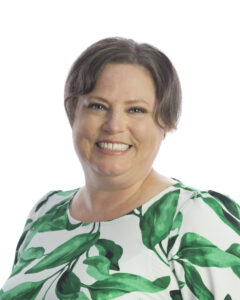 |
Dr. Kimberly Maich, Ph.D. (Cognition & Lrng), OCT., BCBA-D Dr. Kimberly Maich is the parent of a 28-year-old autistic adult. She blends this lived experience with her educational and clinical credentials as a Full Professor in the Faculty of Education at Memorial University, where she focuses on autism in the inclusive environment. She is a Registered Psychologist (provisional), a Board-Certified Behaviour Analyst (doctoral) and an Ontario Certified Teacher. She has lived, studied, and worked from coast-to-coast in Canada in varied school, clinical, and post-secondary roles. She has a doctorate in educational studies (cognition and learning), master’s degrees focused on exceptionalities, applied behaviour analysis, and counselling psychology, and is currently completing her Doctor of Psychology degree. She has three grown children, a husband, one grandson, one puppy and lives in the woods in Logy Bay, Newfoundland and Labrador. |
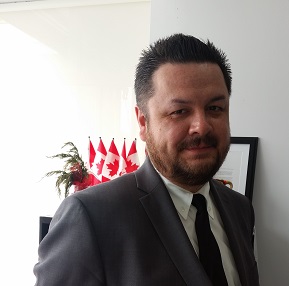 |
Mr. Kennith Robertson, M.S.M. Ken Robertson is the chair of Four Directions Autism, a support group that works one-on-one with off- reserve First Nations People, Aboriginal, Inuit, Métis, Non-Status and Native children with autism. He is Secwepemc from Neskonlith Indian Band, located in the south-central part of British Columbia. He is a former Board Member of Autism and current member of the Implementation Working Group with the Province of Ontario. He successfully launched a House of Commons E-petition advocating for services for First Nations families off-reserve. |
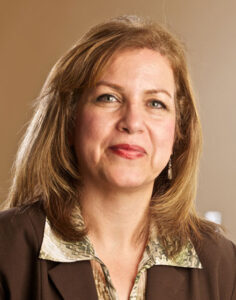 |
Dr. Shahin Shooshtari, Ph.D. Dr. Shahin Shooshtari is a Professor in the Department of Community Health Sciences at the University of Manitoba. She is also a researcher affiliated with St. Amant Research Centre. Over the last decade, she has developed an interdisciplinary program of research on Health and Well-being of Persons with Intellectual and Developmental Disabilities (IDD). Epidemiology of IDD, health trajectories, utilization of health and social services, aging-related health issues, patterns and causes of mortality have been some areas of research with focus on Manitoba using population-level administrative, or survey data. Evidence-informed planning and evaluation of community transitions for persons with IDD is a recent research study in progress. Dr. Shooshtari’s program of research is applied, using an integrated knowledge translation model to inform policy and practice in IDD. |
